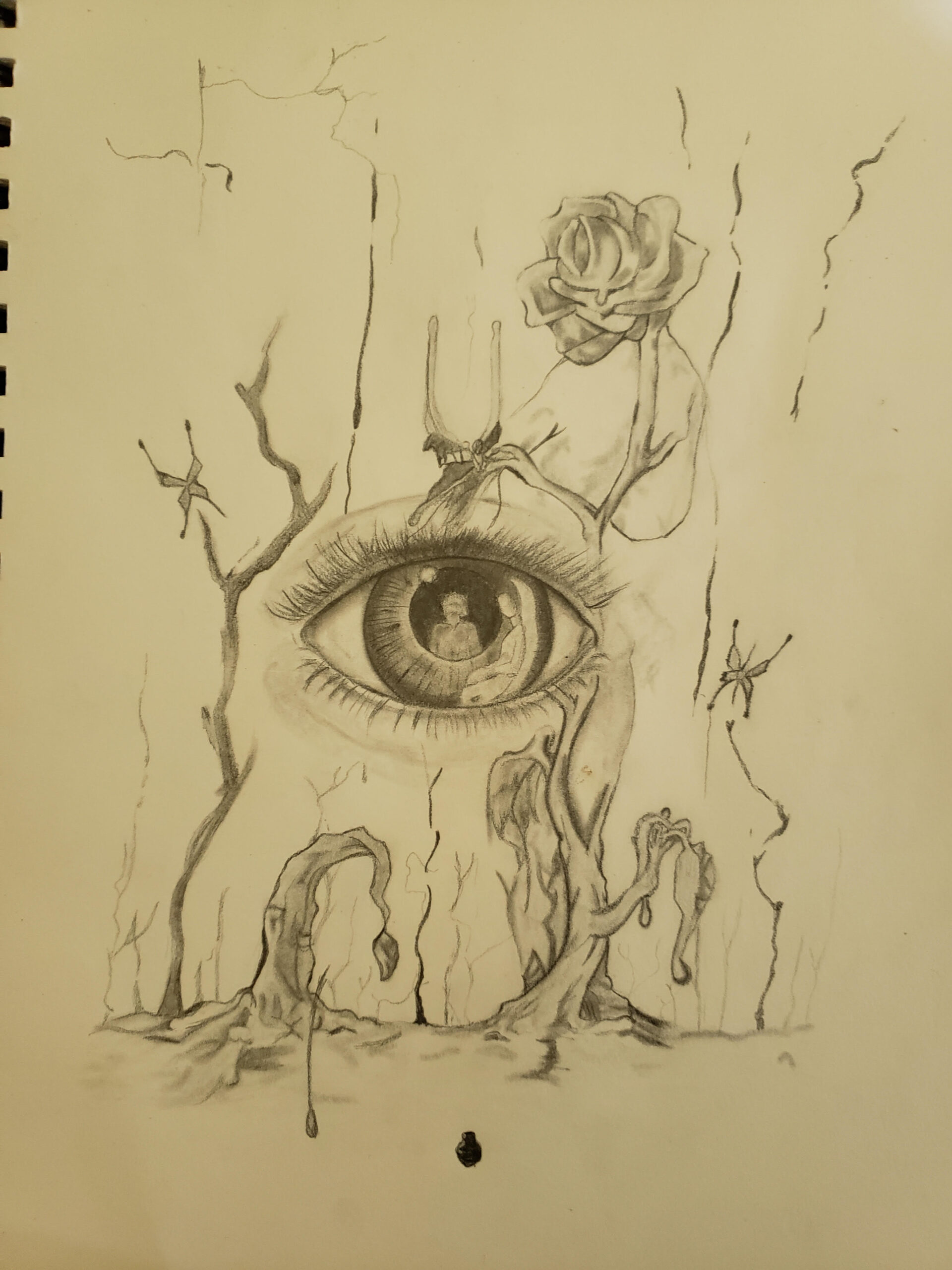Throughout the history of human thought, the concept of divine design has served as a profound nexus for philosophical inquiry and spiritual reflection. Within the Bahá’í perspective, the assertion that humanity is created in the image of God invites one to delve deeply into its multi-layered meanings and implications. This article endeavors to explore the intricate tapestry woven by this doctrine, particularly its ramifications for understanding identity, purpose, and the interconnectedness of all creation.
At its core, the phrase “Created in My Image” conveys an essential truth: that every human being embodies a divine essence. This notion challenges surface-level interpretations and prompts individuals to consider the implications of such a divine heritage. The perception of humanity as inherently reflective of God’s attributes invites questions about the nature of the divine itself, as well as the responsibilities bestowed upon individuals in recognizing and nurturing that divine potential within themselves and others.
The Bahá’í teachings assert that attributes such as love, compassion, justice, and wisdom reside within the human spirit, echoing the divine source from which they emanate. This assertion draws attention to a critical observation: the seemingly universal quest for meaning and belonging among human beings. Individuals frequently grapple with existential queries about their purpose, and Bahá’í principles provide insight into how recognizing our divine origin can lead to fulfillment. By embracing our innate connection to the divine, individuals can cultivate an unwavering sense of self-worth, which is imperative in an era increasingly marred by insecurity and conflict.
Moreover, the assertion of being created in God’s image underscores the inherent dignity of every person. In a world rife with divisions—social, political, and economic—the Bahá’í teachings dismantle barriers of prejudice and promote an inclusive understanding of humanity. This universality speaks to a deeper reason for fascination: the recognition that every individual, regardless of background, is a manifestation of the same divine source. The implications of this perspective extend beyond the individual to the collective, urging communities to foster environments wherein every person can thrive and contribute to the greater good.
Nevertheless, the exploration of divine design does not culminate merely in an affirmation of human dignity; it also carries with it a moral imperative. The understanding that humanity mirrors divine attributes equips individuals with the knowledge that they are not only recipients of divine grace but also stewards of that grace in the world. The responsibility to manifest divine characteristics becomes a guiding principle for ethical conduct, beckoning individuals to act justly, to love, and to serve humanity in all its diversity.
This notion of stewardship further unveils the complex relationship between free will and divine intention. While Bahá’í teachings acknowledge the sanctity of human choice, they also illuminate the path towards spiritual growth. Individuals are encouraged to transcend their baser instincts and to consciously align themselves with higher virtues that reflect their divine origins. Thus, the journey of personal development is illuminated as an act of returning to one’s true nature, increasingly aligning oneself with the divine attributes that are inherent to every soul.
Furthermore, the Bahá’í perspective on divine design extends into the notion of interconnectedness. All of creation is seen as interconnected, each element contributing to a larger symbiotic relationship. The human experience is thus framed not as an isolated journey but as part of a grander narrative that reflects the oneness of all existence. This insight cultivates an appreciation for the complex interdependencies in life, encouraging individuals to view their actions through the lens of communal impact. With the understanding that every choice resonates beyond the self, a sense of responsibility emerges, urging individuals to extend their concern for others as a natural extension of their recognition of the divine.
Additionally, this interrelation speaks to the urgency of addressing contemporary societal issues through the prism of divine attributes. In our global society, characterized by upheaval and discord, the Bahá’í teachings underscore the importance of collaboration and collective effort. By rallying around the belief that we are all interconnected and share the same divine origins, individuals can foster a culture of cooperation that transcends borders, ideologies, and religions.
Lastly, embracing the concept of being created in God’s image invites a continuous pursuit of understanding and growth. It serves as an impetus for personal and communal reflection on how to better embody divine characteristics. This reflection often manifests in spiritual practices, community engagement, and dialogues aimed at enhancing awareness of our shared humanity. A life lived in recognition of one’s divine potential yields not only individual transformation but also collective elevation, as communities come together to nurture and cultivate the latent divinity within all members.
Ultimately, the Bahá’í teachings on being created in the image of God encapsulate a profound and enriching narrative. Through the exploration of identity, responsibility, interconnectedness, and the quest for divine attributes, individuals are beckoned to engage in a transformative journey—one that elevates the self and the community as a collective manifestation of divine design. In understanding and embracing this heritage, individuals can embark on a path toward not only personal enlightenment but also toward fostering a more compassionate and unified world.
